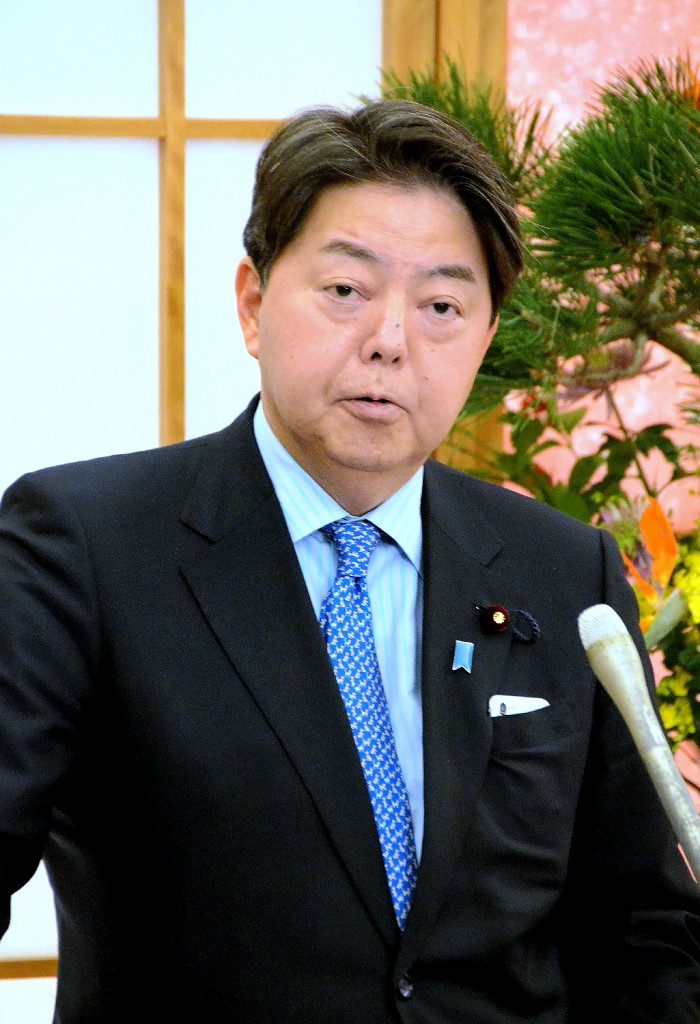
SEOUL, Dec 21, 2023 (AFP) – South Korea’s highest court upheld on Thursday rulings by lower courts that ordered two Japanese companies to compensate South Korean victims of wartime forced labour.
Relations between the two US allies have long been testy due to bitter memories of Japan’s brutal occupation of the Korean peninsula from 1910 to 1945.
However, ties have been improving as the conservative government of President Yoon Suk Yeol has sought to bury the historical hatchet and confront growing military threats from North Korea jointly with Japan.
Around 780,000 Koreans were conscripted into forced wartime labour by Japan, according to data from Seoul, not including women forced into sexual slavery by Japanese troops.
South Korea’s Supreme Court upheld two lower court rulings, which issued compensation orders against Japan’s Mitsubishi Heavy Industries and Nippon Steel, dismissing appeals by the companies.
“The decision of the lower court(s) was accepted and the appeal was dismissed,” it said in a statement.
Japanese Chief Cabinet Secretary Yoshimasa Hayashi said Tokyo had lodged a protest over the court’s ruling.
“It’s extremely regrettable and unacceptable,” he told reporters.
However, Hayashi also said that the government in Seoul had announced in March that any plaintiffs who won such compensation claims would be paid out of a South Korea-backed fund rather than by the Japanese companies.
Mitsubishi was ordered to compensate three South Korean victims with amounts ranging from 100 million-150 million won ($76,700-$115,000), while Nippon Steel was ordered to provide 100 million won each to seven victims.
South Korean media reports said all of the victims who had initiated the compensation lawsuits had died while the case dragged on for nearly a decade.
However, a spokesperson told AFP the Supreme Court believed three victims were still alive. Any compensation due would otherwise be paid to the families of deceased victims, she said.
Japan has argued that a 1965 treaty between Seoul and Tokyo that restored diplomatic ties had extinguished any victims’ right to sue. The treaty included a reparation package of about $800 million in grants and cheap loans.
South Korea’s Supreme Court said it had made clear in a 2018 ruling that the right to seek compensation was not covered by the 1965 treaty.
Thursday’s ruling came about a month after another South Korean court ordered the Japanese government to compensate 16 women for forced sexual slavery during World War II, overturning a lower-court ruling that had dismissed the case.
South Korea’s government has recently expanded its military cooperation with both Tokyo and Washington to counter the increasing threat from nuclear-armed North Korea.








